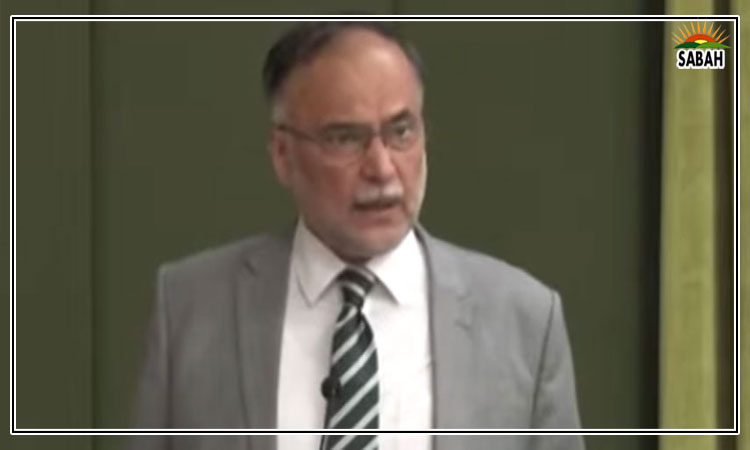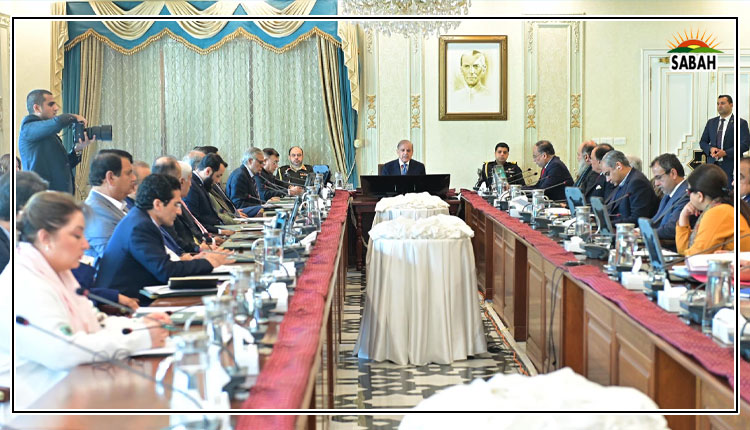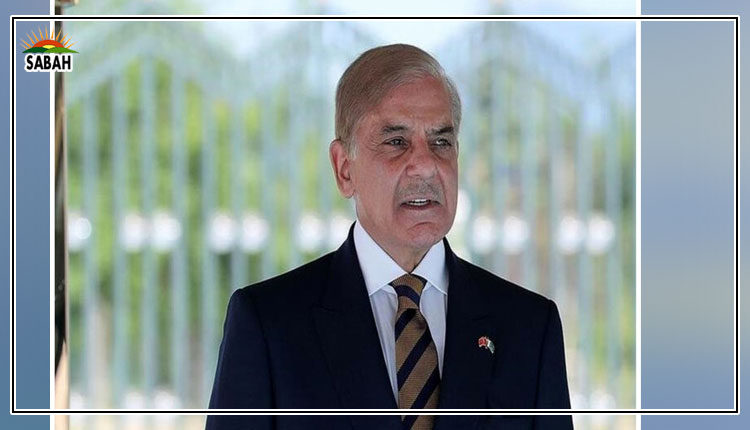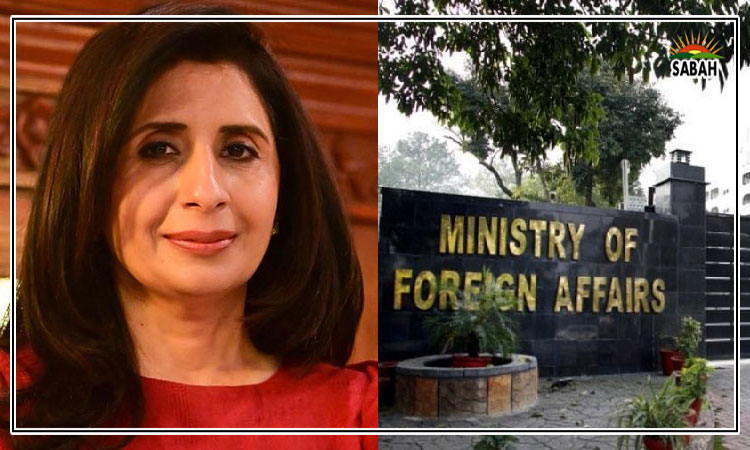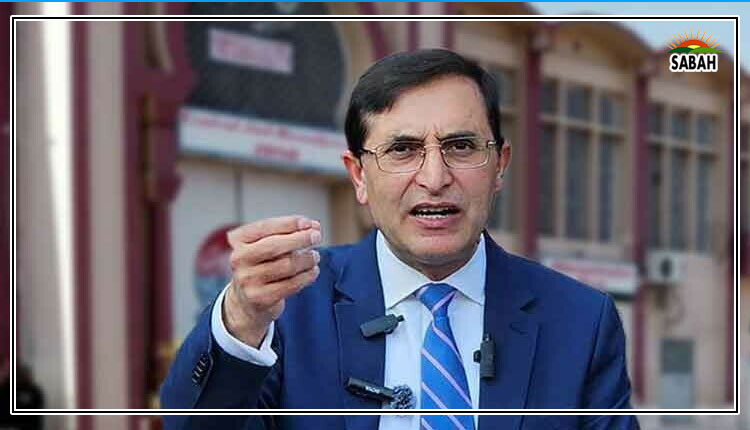Does parliament need a contempt law?…Mustafa Nawaz Khokhar
The recent Contempt of Parliament Bill, 2023 has rightly raised eyebrows, and is being seen as flawed and conceived by parliamentarians unaware of their existing powers. In times where parliament should be moving towards greater transparency, it has instead chosen to tread upon a path which will give parliamentarians unbridled powers. With the sword of contempt hanging, questioning them will become even more difficult.
Over the years, every institution in Pakistan has moved towards fortifying their turf where it has practically become impossible to bring their internal workings under scrutiny. The result is that the concept of one country with one system for all doesnt apply to us anymore. The Pakistan of the multitude is disconnected with the life inside Parliament Lodges, judges colonies and cantonments as much as those living inside them are disconnected with the rest of Pakistan.
We have by design created this outcome and all our energies are directed towards maintaining this status quo to protect and further our interests and avoid scrutiny by the general public. The Right to information Act was a well-intentioned law meant to counter this situation but requests under it are usually stonewalled and turned down. Parliament itself being the latest in the row has turned down a request by declaring that its internal workings do not come under the ambit of this law.
It is with this background that the Contempt of Parliament Bill should be seen and opinion on it formed. I do not claim to be an expert on the subject and, fully aware of my shortcomings, will try to explain through my experience as a parliamentarian the flaws of this intended legislation.
In the legislative tradition, a statement of objects and reasons must accompany every bill that is tabled in the House to make it easier for the members and the public to understand the rationale behind the intended legislation. The one attached with the Contempt of Parliament Bill states: At times people do not appear before the committees but also hamper the proceedings of such committees as well as redressal of grievances. Therefore, compelling officials and private persons and ensuring their attendance seems to be the primary purpose of the bill. Then reference is made to Entry 42 in the Fourth Schedule of the constitution which empowers parliament to legislate for punishment for refusal to produce documents and record evidence.
A point worth noting is that committees are already vested with the powers of a civil court to enforce both attendance and the recording of evidence. As chairperson of the Human Rights Committee, I was compelled to use these powers on two occasions during my tenure. In the first instance, the CCPO of Lahore had refused to appear in a widely reported rape case. His non-serious behaviour and victim blaming had greatly upset the committee. Upon his noncompliance with the first notice, under the powers vested as chair, I took the matter a notch higher. Summons were issued and the officer was left with no option but to attend. In case he had disregarded the summons, the powers under Section 27-32 of the Civil Procedure Code further empowered me to enforce attendance through arrest and even set a bail amount to ensure future attendance.
In the second instance, after seeing the heart-breaking images of a mother wailing upon the dead body of her son shot dead in an extrajudicial manner by the FC in Balochistan, as chair I decided to take up the matter. Notices were issued to the general officer in command but this time around the Senate Secretariat blocked the notices on an absurd pretext that those commanding fighting arms cannot be called. This was clearly beyond their mandate and interference in mine. Aware of my powers as chair, I prevailed upon them with legal reasoning and a bit of posturing. The general, otherwise one of the finest I have come across, attended, took responsibility and presented the record of the culprit being handed over to the police.
Besides being repetitive on these already existing powers and broadly criminalizing contempt (unfairly in case of breach of privilege), the contempt bill has further potential of choking the functioning of the government (executive) by creating a parallel system of rule by committees. Under the bill, defying the directions of the committees can now get you a six-month prison sentence or a million rupees in fine or both. For the benefit of the reader, it would be in order to elaborate a bit on how committees work and what goes on in the background.
Every ministry or division as they are called in official lingo has a committee of parliament to perform the functions of oversight and make recommendations for better performance. They are proportionally distributed between the government and the opposition, with important ones going to the government and the less important ones going to the opposition. Each member of the House is allowed to join five (in case of Senate) committees and is given the choice to list his or her priorities in accordance with their interests or background.
For example, I always opted for committees related to law, human rights and foreign affairs. But heres the disclosure if you arent already aware of it: members often opt for committees for vested interests. Contractors opt for communication, business owners for finance and commerce, and industrialists for industries etc. They do it with one sole purpose: to protect their interests, boss around officials (threatening them with disclosures of the dodgy stuff that goes around under their noses in their ministries), turning a blind eye for favours in return. So if you are a member of the communications committee and also happen to be a contractor, the likelihood is that your pending bills will sail through or you will; be given preferential treatment (insider dealing with tips and all) when the big contracts are being awarded. The FBR would be vary of you in case you are in finance and so on and so forth.
Besides that, there is a further problem if the new bill becomes law. Directives by a committee held by the opposition will not always be in line with the priorities of the government, thus creating a permanent conflict. Bureaucrats will be in a bind. What to implement? The governments or the committees? Heres an example hypothetical of course the Foreign Affairs Committee gives a directive to the Foreign Office to open an embassy in Timbuktu. Now there might not be fiscal space available to do that and it may not also be in line with the priorities of the government but the Foreign Office will have no option but to implement that directive. Either that or face contempt under the new law. Or lets say the Finance Committee refuses to agree to an unpopular tax levied by the government and directs for it to be withdrawn. What options would the finance ministry or FBR be left with?
Therefore, for reasons noted above, the governments focus and insistence on strengthening parliament through this legislation appears to be flawed and misplaced. Rather, in line with good parliamentary practices elsewhere, there is a strong need for our parliament to move towards establishing an ethics committee. It should keep a check on members for unbecoming conduct, investigate allegations of corruption, and maintain an open register for voluntarily putting down potential conflicts of interest.
True respect is inspired. It is unworthy for any parliament, leave aside ours to as the mother of all institutions try and ensure obedience through fear.
Courtesy The News



